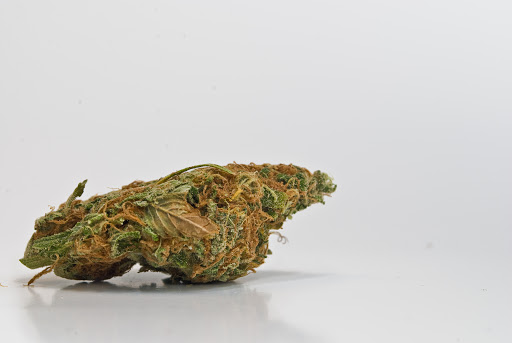Legalizing Marijuana in Mexico Creates a Power Triangle Involving Transnational Drug Companies
Patrick T Condon
Staff Writer
Mexico is positioned to become the world’s largest legal marijuana market in the world. On March 11, 2020, the lower house of Mexico’s Congress passed a bill legalizing recreational marijuana. This bill would “let users with a permit carry up to 28g and grow as many as eight plants at home for personal use,” according to BBC News. Currently, it is illegal to carry more than five grams in Mexico. This promising bill does not come without warning though, as it fails to address the violent history of Mexico’s cartel-led market. While the bill serves to promote the freedom of recreational marijuana usage to Mexico’s population of 127 million, its implications affect cartels, local growers, and transnational drug companies across the region. Additionally, the bill’s purpose is to reduce violence in Mexico and increase the government’s ability to protect its people, but what does this really mean for the future of the drug trade?
Mexico is one of the few countries in the Western Hemisphere to consider legalizing recreational marijuana. If Congress passes this bill, it will join the small list of countries to legalize recreational marijuana, after Uruguay and Canada, reports the BBC. According to the New York Times, Mexico would be the world’s largest cannabis market, propelling its influence over the growing drug trade even further. While many opponents say this may increase cartel power, ruling party lawmaker Simey Olvera highlights the bill’s ability to dispel the false narrative that marijuana is dangerous to public health. This narrative marks an important distinction between the dangers of cartel-involvement and state behavior in the drug trade. While state control of the drug trade through policing is marketed as safer than the notoriously cruel behavior of cartels to control trade, the duplicitous nature of controlling the trade remains.
This bill comes at a complicated time in Mexico’s history of the cannabis trade, which stems back 100 years to the Mexican Revolution. Originating from a 1920 law banning marijuana, the drug which is largely grown by local indigenous farmers received the negative perception that it “could degenerate the race” and lead to “homicidal mania,” permanently marring the safe, recreational practice by many indigenous people, explains The Nation. This negative stigma was further amplified by the prejudicial foreign policy of former U.S. President Richard Nixon, who fueled the drug war between cartels through U.S. law enforcement agents. Through aid and policy promotion, the U.S. systematically fought cartel influence in the Mexican states, cementing U.S. involvement in Mexican drug policy – this continues today through transnational drug companies, suggests the Associated Press.
Until now, the two main actors in the drug trade were influential cartels and government agencies. While the cartels retained domestic influence by controlling the production of cannabis through violent threats, U.S. agents aided the police tasked with bringing down the cartels. However, this led to hundreds of thousands of arrests of loosely-involved growers and couriers, resulting in the “public trust in police [dropping] quite low,” The Washington Post reports. As the Mexican government found legal ways of controlling the drug trade, it took in funds from transnational drug companies, further alienating the Mexican people. Drug companies from the U.S. and Canada are now “making investment decisions” on policies affecting the legal selling of the drug and watching this bill closely “with interest,” according to Al Jazeera. Now, as transnational drug companies move in to influence policy implementation, a frighteningly influential power triangle is forming, undermining the entire purpose of this bill and the 127 million Mexicans to be affected.
The question of legal recreational usage remains at the core of this bill. While it seeks to legalize marijuana, it that does not guarantee equal access and treatment for affected people. According to the Associated Press, the bill “would permit recreational use of marijuana, but establish a system of licenses required for the entire chain of production, distribution, transformation, and sales.” These systems, in effect, would primarily benefit the influential people at the top of the system who are connected to government agencies and transnational drug companies. This proposed avenue further manipulates industry access to favor those connected to transnational companies, including the U.S. government, with oversight and control of the largest cannabis market in the world. If the bill were to have the proposed impact, it must allow the formation of an agency that provides equitable access to all Mexicans. While this is not likely to bring down any of the three major powers in the world’s largest drug trade, it may provide a more transparent approach to the legalization of marijuana and its subsequent trade.



